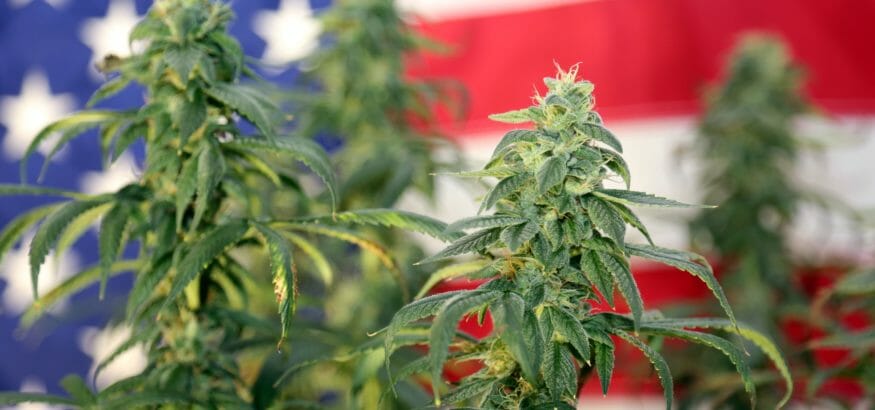Immigration Consequences of Marijuana Use

Although many states have legalized or are in the process of legalizing marijuana for recreational use; it remains illegal under federal law. The legal consequences of either personal use of marijuana or involvement in the cannabis industry can be severe.
Criminal Grounds of Inadmissibility
The first and most obvious relevant ground of inadmissibility is INA §212(a)(2)(A)(i)(II), which makes inadmissible:
“…any alien convicted of, or who admits having committed, or who admits committing acts which constitute the essential elements of … a violation of (or a conspiracy or attempt to violate) any law or regulation of a State, the United States, or a foreign country relating to a controlled substance (as defined in section 102 of the Controlled Substances Act (21 U.S.C. 802))…”
This ground of inadmissibility requires a conviction or admission to having committed a crime related to a controlled substance. If a foreign national may be convicted under U.S. federal law for marijuana use in the United States even if the use was legal under state law; such a conviction would render foreign national clearly inadmissible under this statutory ground. However, it is not clear whether a foreign national who was previously convicted of marijuana use in Canada would remain inadmissible following legalization of marijuana in Canada, as the conduct giving rise to the conviction would no longer be illegal in Canada. It is also not clear what is required to find a foreign national inadmissible for admission of having committed a crime related to a controlled substance, or acts constituting the essential elements of a crime involving a controlled substance. Based on a plain reading of the statute, such an “admission” need not occur in the context of any legal proceeding. It would be possible for a U.S. Customs and Border Protection officer simply to ask a foreign national at the port of entry, “Have you ever used marijuana?” If the applicant were to respond in the affirmative, then there would be sufficient grounds to find the person inadmissible for having admitted to committing the essential elements of a controlled substance violation.
While CBP officers do not routinely ask every applicant for admission if they have used marijuana, there are several factors that could set off a line of inquiry. Examples include having a marijuana-related bumper sticker; smelling like marijuana (to humans or to drug-sniffing dogs); or any photographs or comments on social media indicating drug use. In addition, CBP officers can conduct warrantless, suspicionless searches of electronic devices. If any of a traveler’s phone contents, including texts, emails, chatting apps, etc., contain drug references, this could also lead to questioning on the topic. However the inquiry arises, any admission to marijuana use can lead to a finding of inadmissibility. Once such a finding has been made, it can be very difficult to overcome, as there is no way to appeal a finding of inadmissibility. A non-immigrant waiver remains a possibility; and there are also limited immigrant waivers available to some individuals. However, the inadmissibility finding itself, unless it is a Class A medical finding of inadmissibility which can be overcome through “remission,” will never disappear.
Medical Grounds of Inadmissibility
In addition to a conviction-related ground of inadmissibility, CBP officers may refer a foreign national who admits to use of marijuana to a Panel Physician in Canada for a medical examination (which can include a drug test), to determine if the applicant for admission is inadmissible on any medical related grounds. INA §212(a)(1)(A)(iii) makes inadmissible any foreign national who is found to have currently, or previously to have had, a physical or mental disorder and associated harmful behavior that may pose, or has posed a threat to the property, safety or welfare of the alien or others.
In summary, despite legalization of recreational marijuana use under several U.S. states likely to personal use of marijuana remains a potential ground of inadmissibility to the United States both under criminal and medical grounds. The manner in which these rules can be interpreted varies widely and there does not appear to be a consensus at the national level as to how U.S. Customs and Border Protection officers should apply these rules in a case-by-case basis.
Contact one of our experienced immigration lawyers in New York and Forest Hills, NY at 718-407-0871 or online at https://www.prizant-law.com if you need help with Naturalization or any other solutions to your immigration problems.
Contributed by Svetlana Prizant, Esq., an Award Winning New York Immigration Lawyer
Call or visit Prizant Law at:
Prizant Law
118-21 Queens Blvd, Suite 507
Forest Hills, NY 11375
